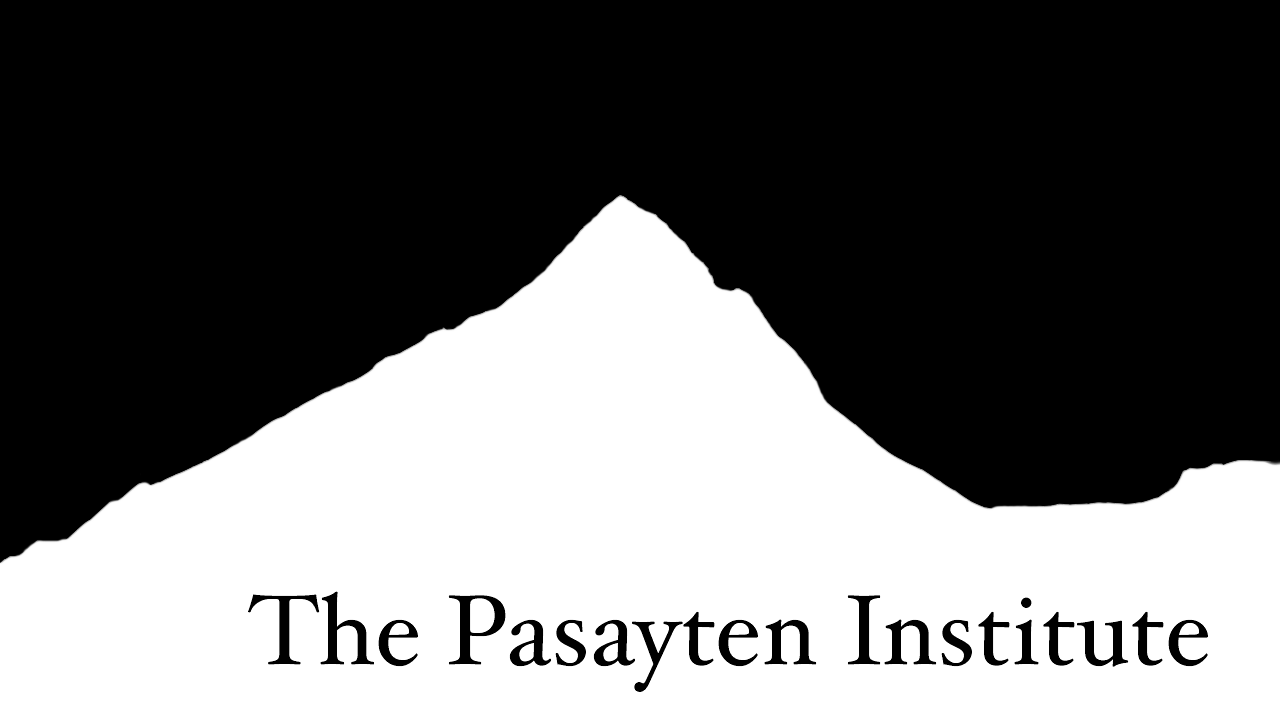Why Physics?
Physics Travels Well
“Often times we’ll have these panels of different physicists, and one of the questions will be why did you choose physics over say data science or engineering?
The answer is varied depending upon the person, but often the theme I hear is:
It is a gateway to other skills. Physics does a good amount to make sure you learn translational skills, so you can enter other fields.”
Dr. Alexx Perloff, Distinguished Researcher, LHC Research Center, Fermilab
From data science and machine learning to field irrigation to software support to the photolithography of semiconductors, physics provides a foundational skillset.
“I’ve had a lot of practical applications of the physics I learned in college, including combustion and prescribed fires, getting a truck out of the sand and engineering a water tower that utilizes gravity to irrigate a restoration area. Also, safely felling trees with a chainsaw and connecting a better battery to a GPS logger for wildlife tracking.”
— Tessie Offner, non-native species biologist, Florida Fish and Wildlife Conservation Commission
“A physics education really helps you in several areas. What helped me the most? It gave me a big toolkit: coding, problem solving, writing. It‘s attractive to employers, and helped me land the job that I have. I am doing the farthest thing from Physics right now: I'm a product support analyst for a company that provides software for the shipbuilding industry! So yeah, I went from Physics to Shipbuilding”
— Daniel Cruz Alonso, MSc Physics / Shipbuilder
“Creative problem solving is basically my job. The characterization of a material - doing a corner study - was something we did all the time in Physics. We learned how to approach integrals we could not solve. Take limiting cases.”
— Tyler Morrison, Process Engineer, Qorvo

“How can the voices of scientists compete in arenas dominated by industrial lobbyists, influence peddlers, spin-doctors, and professional contrarians?
First, you have a built-in advantage: scientists have deep knowledge on their side that comes from intensive and focused research. You are not simply voicing an opinion. Your insights and information should be considered in shaping public policy.”
— Nancy Barron, Escape from the Ivory Tower (2010)


